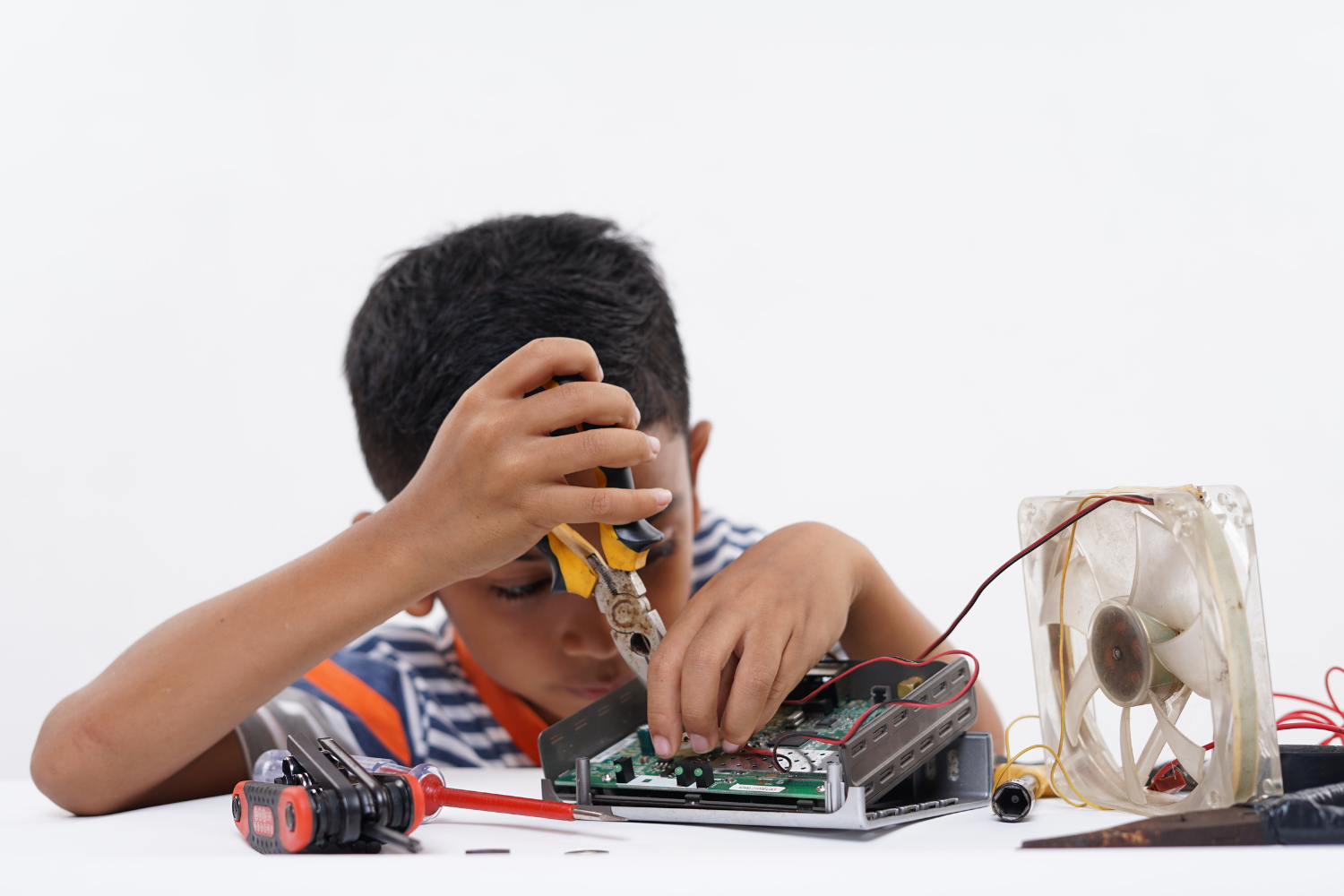Goodbye, Mr. Potato Head
/Mr. Potato Head is losing his gender, at least on the box he comes in. Moving forward, he will be known only as Potato Head.
It's a little confusing, so let me explain: he's still a Mister in the box but not on the box.
Apparently there were a lot of articles that emerged Friday morning spreading fast the news that the toy company, Hasbro, who created the character of Mr. Potato Head in the 1950s, was going gender-neutral.
But then, the news article I was reading, by CNN, was updated later when Hasbro tweeted that the brand name had changed but not the characters.
I was relieved to learn that.
When I was young, we had a funny sitcom about a talking horse called Mister Ed. After reading the Potato Head article, I was trying to imagine what would happen if Mister Ed became just Ed, but then that's a man's name.
And that got me thinking, exactly how would the TV producers handle Mister Ed today? Would they have to change his name? And what would they change it to since names from the beginning of time have always been based on gender?
And what about adults? When I was young, children still addressed grown-ups with titles such as, Mr. Jones or Mrs. Smith. Since we were not allowed to call an adult by their first name, what would we have done if the gender issue had existed then?
Would we have had to drop the Mr. and Mrs. when we spoke to an adult? As calling an adult by their last name was rude, dropping the titles would have put us in another bind.
My daughter told me at gender-neutral Berkeley, on the first day of her classes, the professors ask each student to state their pronoun preference. Some classes have as many as 300-400 students.
This perplexed me because I wondered how the teacher would then keep all of that straight? If the professor has to know what the pronoun preference for each student is, does that mean that every time they need to use someone's pronoun they have to look at their roster, find the person's name, see their pronoun preference, and then speak?
As I considered this, I couldn't help but think about the cost of tuition and how much class time this must take up?
Anyhow, I continued reading the article and found that Mattel, the maker of Barbie dolls, also wanted to introduce "a multi-dimensional view of beauty and fashion." To accomplish this, they introduced new dolls with disabilities, hair loss, and “vitigilio.”
I'm not sure what vitigilio is but I know that vitiligo is related to a disease affecting the skin pigmentation.
Either way, it reminded me of a time when I was waiting to get my primary health care license in Chinese medicine. I worked for a company that sold a product for treating hair loss based on Chinese herbs. One day I was in a salon talking about the product to the owner when one of her customers came in.
The customer, an attractive young woman, was invited into the back room by the owner. While I didn't understand why she had been invited to join our conversation, she understood. She asked me if she could show me something. I said that she could.
She pulled her hair off and was completely bald. To clarify, her hair was a wig; she had no hair. She suffered from a disease called alopecia which causes all of a person's hair to fall out.
It was a shock to witness this, and I'm sorry, Mattel, but it was not at all beautiful. So when Mattel says they want to promote “beauty and fashion” by making a doll with thinning hair, again, I'm confused. Women and men spend billions of dollars each year to not have thinning and balding hair.
Does Mattel not know this?
Potato Head aside, what all this confusion indicates to me is that we are beginning to lose a grip on a reality that we have agreed upon since the beginning of time.
We are not thinking rationally and logically because we have been dumbed down by an educational system being manipulated by the corporate world since the mid-1800's and which now includes tycoons like Bill Gates.
Gates has far more global power today than any one man should ever have. Where are the checks and balances for such unrestrained greed and lust for power?
And is it a coincidence that he largely funded the development of a national curriculum, and that most schoolchildren are now at home learning online?
It's pretty amazing if it is.
If I were a young parent today, I would reflect on your child's exposure to the gender conversation very seriously, and I would do several things to protect them from it and anything related to it.
Understand that this nefarious social conditioning taking place in school and the media is inevitably destined to alter their understanding of what is beautiful, good, and true.
I want to share my 8 Steps to Protect Your Child's Heart and Mind with you, but before I do I need to make a request. Please resist the inclination to ignore them because you think they are too extreme.
It is precisely extreme measures we must take to win this battle because we are too far out in left field now.
Personally, I don't care what people do behind closed doors, and I believe that each human being possesses an inherent dignity that is worthy of respect, but I have to draw a line when aggressive marketing campaigns are launched to literally alter our perception of reality in order to satisfy a very small group of people.
If you want to protect your children and are ready to be proactive, here is a downloadable list of 8 things you can do to make sure what's beautiful, good, and true in life remains beautiful, good, and true in your children's eyes too.
Beauty. Goodness. Truth. Now those are ideals worth pondering; those are ideals worth striving for.
On a final note, you can save your money because Potato Head is a toy not worth buying. He occupies your children's time for about five minutes and then they get bored. My kids played far longer with two sticks that cost me nothing than they ever did with Mr. Potato Head.
Still, I don't like to see the Mr. of Potato Head removed from the box.
Don’t miss our free download, Ten Books Every Well-Educated Child Should Read.
Become a Smart Homeschooler, literally, and give your child a first-rate, screen-free education at home and enjoy doing it. Join the Smart Homeschooler Academy online course.
For parents of children under age seven, Raise Your Child Well to Live a Triumphant Life, is where you want to start.
Elizabeth Y. Hanson is an educator, veteran homeschooler, a lover of the classics, and a Love and Leadership certified parenting coach with 19 years of experience working in children’s education.
Utilizing her unusual skill set, coupled with the unique mentors she was fortunate to have, Elizabeth has developed a comprehensive understanding of how to raise and educate a child. She devotes her time to helping parents get it right.
Disclaimer: This is not a politically-correct blog.


































































